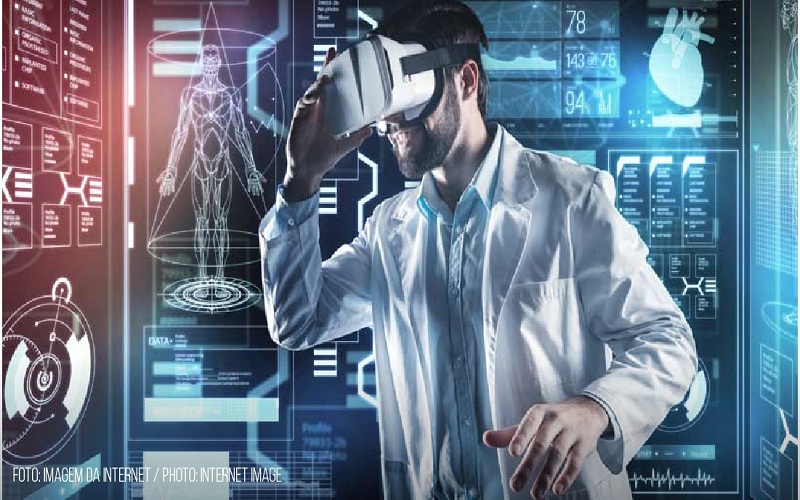Healthcare is undergoing a seismic digital transformation, reshaping every facet of patient care, from diagnosis to treatment. With advancements in technology driving this revolution, the healthcare industry is poised for significant changes in the coming years. Here are the key trends shaping this transformation:
Transformative Impact of Data and AI in Healthcare
The adoption of health-focused devices like the Apple Watch and Fitbit has revolutionized patient monitoring and engagement. The wearables market is projected to soar to $52 billion in the next three years, indicating a significant shift towards personal health tracking. This influx of data is transforming patient-doctor communication and data collection, leading to more precise diagnoses and personalized treatments.
Amidst the deluge of healthcare data, there is a growing concern over data security. Healthcare data breaches have become increasingly common and costly, with the industry boasting the highest average cost of a data breach at $6.45 million (IBM’s 2019 Cost of a Data Breach Study). As a result, data privacy has emerged as a critical issue, prompting healthcare providers to prioritize security measures to safeguard patient information.
The recognition of insider threats as a significant risk to patient data security has prompted healthcare providers to enhance accountability measures. With employees posing a potential risk to data security, providers are increasingly accountable for securing patient data. Software platforms offering solutions to mitigate insider threats are becoming essential tools in this effort to protect sensitive information.
AI & Machine Learning Infiltrate Healthcare
Artificial intelligence (AI) and machine learning are revolutionizing healthcare by supporting initiatives such as diagnosis and data management. Computers are now as capable as doctors at diagnosing diseases, paving the way for AI to become prevalent in 90% of hospitals. For example, Controlio software platform offering compelling employee monitoring solution. AI and machine learning are set to impact healthcare through innovations like chatbots, smartphone data analysis, and integrated data silos, ushering in a new era of data-driven patient care.
As healthcare becomes increasingly data-driven, it holds the promise of offering better patient care through personalized treatments and improved outcomes. However, to realize this potential, data security and integration must be prioritized. In 2020 and beyond, healthcare providers must focus on implementing robust security measures and integrating data effectively to harness the full benefits of the digital revolution in healthcare. By embracing these trends and transformations, the healthcare industry can navigate the challenges of the digital age and deliver enhanced care to patients worldwide.




